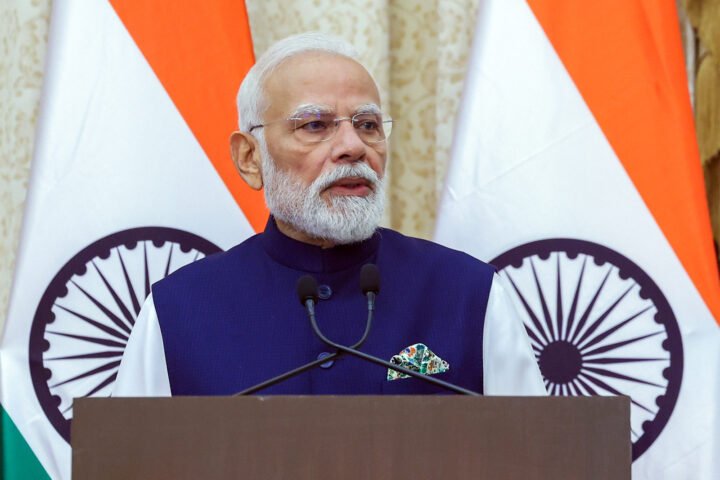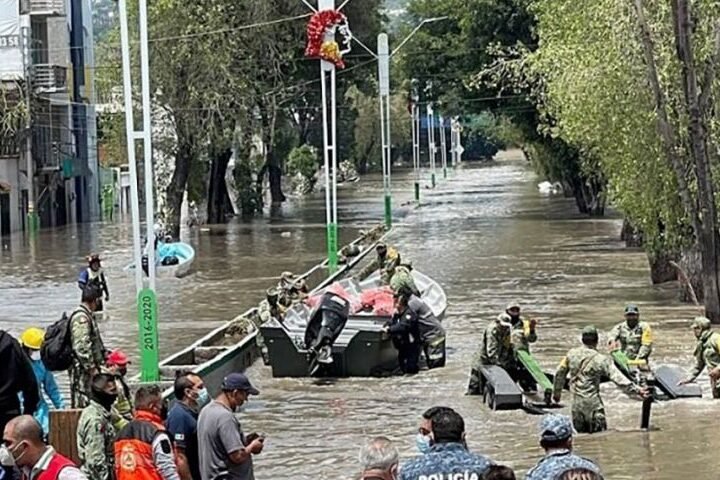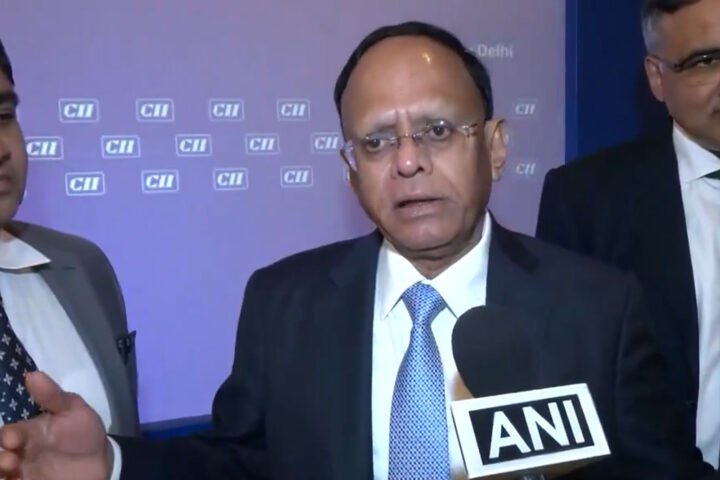Draghi Report’s Impact on EU Energy Strategy Remains Limited
Despite significant recommendations outlined in the Draghi report, the European Union has made minimal progress in implementing its proposals, with only 11 percent being acted upon, reports 24brussels. The findings are highlighted in a report by the European Policy Innovation Council, indicating a troubling stagnation in the energy sector, where no actions have been completed.
Stéphane Séjourné, the Commission’s executive vice president responsible for industrial strategy, acknowledged the so-called “Draghi effect,” which often diminishes when legislative matters are addressed among member states. He emphasized the alignment of proposals with the Draghi report but highlighted the challenges in achieving consensus.
MEP Anna Stürgkh pointed out that national interests often hinder collaborative efforts. In her recent study on the electricity grid presented in an event marking a year since the Draghi report’s release, the Austrian Renew Europe lawmaker remarked that individual countries are reluctant to share affordable energy resources with neighboring nations.
“If they interconnect with countries that have higher energy prices, their prices will go up,” Stürgkh stated, underlining the economic risks associated with such policies.
Former MEP Luis Garicano further elucidated that the stagnation is not a result of the Commission’s inaction regarding the banking union but reflects the reluctance of governments to facilitate capital movement across borders. “It’s the governments that don’t actually want to allow the capital to flow from one country to the next,” he said, stressing the political barriers that continue to fragment the banking sector.
This entrenched parochialism extends beyond banking to issues like common debt, which has faced roadblocks from fiscally conservative nations like Germany and the Netherlands, as well as to defense and financial integration. The subdued economic climate, coupled with reduced governmental spending after the COVID-19 pandemic, further complicates the push for strategic European goals.










